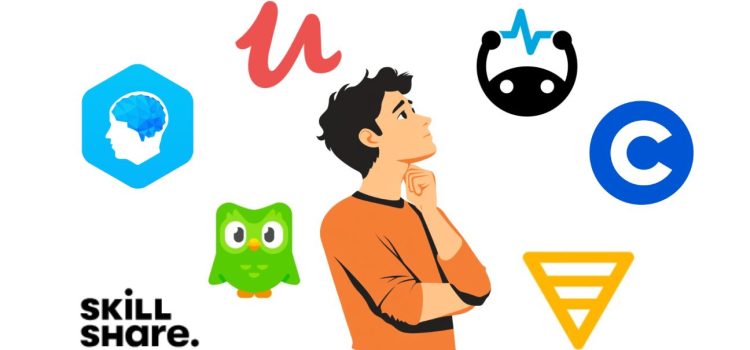In a world where time is scarce and attention spans are shrinking, microlearning has emerged as the go-to method for continuous personal and professional development. Whether you’re a busy professional, a student juggling multiple responsibilities, or someone who loves learning on the go, microlearning apps are changing how we absorb knowledge. But, with so many apps out there, which ones are truly worth your time? We’ve curated a list of the top 10 microlearning apps in 2025, evaluating them on content quality, usability, engagement, and value for learners. Whether you’re into productivity hacks, business strategy, psychology, or just want to
The 10 Best Microlearning Apps for Daily Growth (2025)










